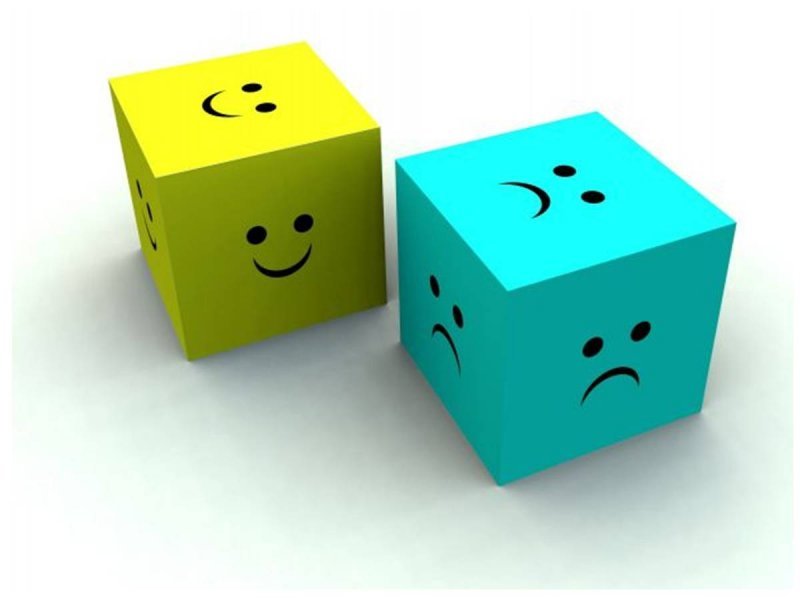
Personal responsibility and mental health are closely interconnected. You don’t have one without the other. Case in point: The false, but widely held, notion that other people can “make” you feel a certain way. Not true! When you feel a certain way, it’s because of an idea you hold. All ideas are subject to verification or falsification. For example, let’s say Joe sells you a bad car. Your subsequent anger at Joe is based on a belief that he knowingly sold you a bad car. But did he know? That’s subject to verification. If you have solid proof that Joe knew, then your anger is clearly justified. But even so, Joe didn’t “make” you angry. Your belief that Joe willfully cheated you makes you angry. Your belief, which happens to be true, is the source of the emotion.
In a case like that one, this may seem like a technical and unimportant point. “What does it matter if Joe made me angry, or my belief makes me angry? Joe was wrong, either way.” True enough. But in many cases our beliefs and assumptions are mistaken, false, or incomplete. In more cases than not, it’s dangerous to assume that a person “makes” you feel a certain way when in fact, it’s the reasoning and conclusion of your own mind. Believing that other people make you feel a certain way is a surrender of personal responsibility. It’s a surrender to the false view that “I am not responsible for the workings of my own mind.” Feelings and emotions are tricky. They offer you automatic and powerfully compelling indications of what’s going on outside of yourself. Left on their own, they seem to be clear indicators of truth. But feelings and emotions can be misleading in most cases, and in some cases profoundly so. When people lose track of responsibility for their own minds’ functioning, they lose control of their lives. This is because they go through life holding largely mistaken or unfounded conclusions about things their emotions told them are true, but aren’t necessarily true.
Also, when you subscribe to the false view that another person can “make” you feel a certain way, you’re putting your intellectual and psychological destiny into the hands of other people. If Joannie can “make” you feel happy, then you’re totally dependent on Joannie for your happiness. If Jack can “make” you feel enraged and unhappy, then you’re totally dependent on Jack doing something different if you’re to become calm and happy. There are people who go through their entire lives controlled by the actions of others, because of this false belief that others control their emotions.
Often, the other people controlling you don’t even know they have that control, nor necessarily even want that control. You’re the one making your life dependent and miserable, because of that false conclusion alone. A lot is written about depression as the main cause of mental dissatisfaction and even breakdown. What is depression? The correct definition is an all-pervasive sense that one is helpless. An attitude and lifestyle of “learned helplessness” becomes the chronically depressed person’s way. If you want to avoid a state of depression, a very good way to start is to discover whether you possess a false belief that others can make you feel a certain way. This is really hard for a lot of people. It’s because they’re used to accepting their emotions as truth. Like I said, emotions are compelling. They’re right in front of you, they’re hard to deny and they’re powerful imitations of certain truth. Of course, an emotion can be absolutely right on objective target; but it can be painfully wrong, as well. Or incomplete, which is even worse because the emotion contains a kernel (or rock) of truth, mixed in with other components that are patently wrong.
This is why reason is so important. Reason is the means by which one separates fact from fiction. It’s just as wrong to automatically assume that emotions are factually valid as it is to immediately assume that emotions are bad and wrong. By themselves, emotions and feelings are neither right nor wrong, good nor bad. They’re simply one way of your mind providing you with printouts and readings of what’s going on outside of you. In the end, you have to exercise reason to validate or invalidate the emotions. That’s what objectivity is for, and, like it or not, we all need objectivity in the practice of daily life.
